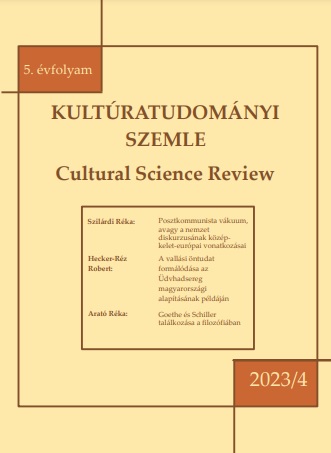Településetika és versenyképesség összefüggései, a lakhelyválasztási preferenciák etikai vonatkozásai
DOI:
https://doi.org/10.15170/KSZ.2023.05.04.03Absztrakt
Relationships between settlement ethics and competitiveness, ethical aspects of residential choice preferences
In the modern social and economic environment, the competitiveness of settlements is highlighted due to the promotion of sustainable development and social well-being. People have always tended to live in such cities and towns where they perceive a better quality of life, more opportunities, and greater development potential, so they are becoming increasingly aware of the importance of sustainable lifestyles and community responsibility. Ethical and responsible management of a settlement and respectful treatment of people, animals and the environment can help its competitiveness in the long term. Success depends on several factors, such as the quality of infrastructure, economic activity, availability of educational and health facilities, cultural life, environmental sustainability, and trust and cohesion between individuals. Settlements built on such foundations can be more sustainable in the long term and more attractive to residents, investors and businesses. Decision-making, community responsibility and the promotion of sustainability will improve settlements' competitiveness and long-term prosperity. Among other things with bettering intentions, the task of the city administration is aimed at increasing the number of businesses that provide a decent living, as well as creating a well-kept and aesthetic natural and built environment, providing quality public services that are easily accessible to everyone, creating high-quality, attractive events, and spaces with a community function. By examining the competitive nature of human activities and actions and the underlying ethical, psychological and social dimensions of competitive and non-competitive cooperation, a multidisciplinary field emerges along which we can analyse the interrelations between human action, ethics, psychology and society in the context of competition and cooperation.

